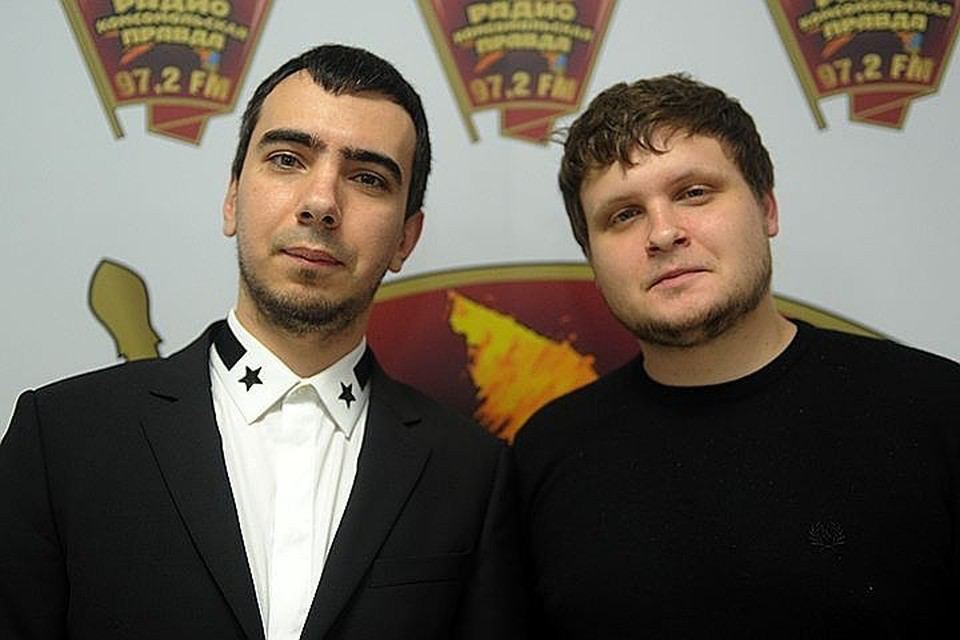Those who follow my blog have heard of Travis Tygart, the guy with the ridiculous hair-style whose unique desire is to see Russia disappear from the international sports arena. He is the head of the US Anti-Doping Agency and a great expert in condemning Russia (and, on occasion, China) while explaining and justifying his acquitting decisions when it comes to american athletes. If you don't remember what I am talking about, I invite you to read my posts on the Knighton and Coleman affairs. (And don't start me on Gatlin who should have been banned for life after his second doping offence, but received just a four-year ban, and went on to win World and Olympic medals).
In a recent post of mine I wrote about the Friendship Games, that will be held next year in Russia, and how the two russian pranksters Vovan and Lexus trapped the IOC president, T. Bach, and the EU vice-president M. Schinas, pretending to be a "representative of the African Union".
Well, this time they did it again, with the USADA CEO, T. Tygart, as victim. (This is not the first time they are tricking Tygart. Back in 2016 they had again contacted him pretending to be Ukraine's minister of sport, O. Zhdanov, asking whether the Sochi biathlon results should be revised, resulting in Ukrainians gaining medals awarded to Russians, to which Tygart said that this could potentially happen).
The two pranksters posed as african officials. When asked about the Friendship Games, Tygart claimed that athletes taking part in the Games could be banned from future Olympic competitions. His precise words were
"If you compete in those games that don't have doping controls sanctioned by our country or our international sports federation, then you can't compete in the Olympics".
I have trouble understanding this. Why couldn't WADA test the athletes participating in the Friendship Games just before and/or after the Games? And if one supposes that some athletes had taken stimulants during the Games in order to enhance their performance for this particular event, why should this, having no effect on future performances, be unacceptable? Tygart tries to wrap his argument under a doping hide but the main point is governance: it shows through when he speaks about "sanctioned by the international sports federation". This is what this is all about. And Tygart later confirms this by adding that the IOC could feel "seriously threatened" by these games, which could lead to sanctions against participating athletes.
The reactions of russian officials did not take long. Tygart's comments were labeled a "provocation by the United States" and Tygart was invited to "focus on the doping problems in his own country" instead of attacking Russia. And they pointed out that proper doping controls will be in place at the Friendship Games.
Tygart did not miss the occasion to refer also to the (in)famous Rodchenkov Act (a legislation, passed in 2019, which extends US law enforcement jurisdiction to any international sporting competitions that involve American athletes or have financial connections to the US). It gives the US authorities the ability to detain people also from outside the US if they are suspected of involvement in doping violations. And of course, for zealots like Tygart, the Rodchenkov Act trumps the power of the WADA which is the supreme authority in the fight against doping. But it has been quite some time that the WADA and the USADA do not speak the same language, despite the fact that the former has established the Sports Human Intelligence Network (SHIN), a special intelligence unit that is tasked with spying on athletes and coaches suspected of violating anti-doping rules. But apparently even this is not enough for Mr. Tygart. Perhaps he could lobby the next US administration to institute the death penalty for doping offenders (the non-US ones of course).



No comments:
Post a Comment